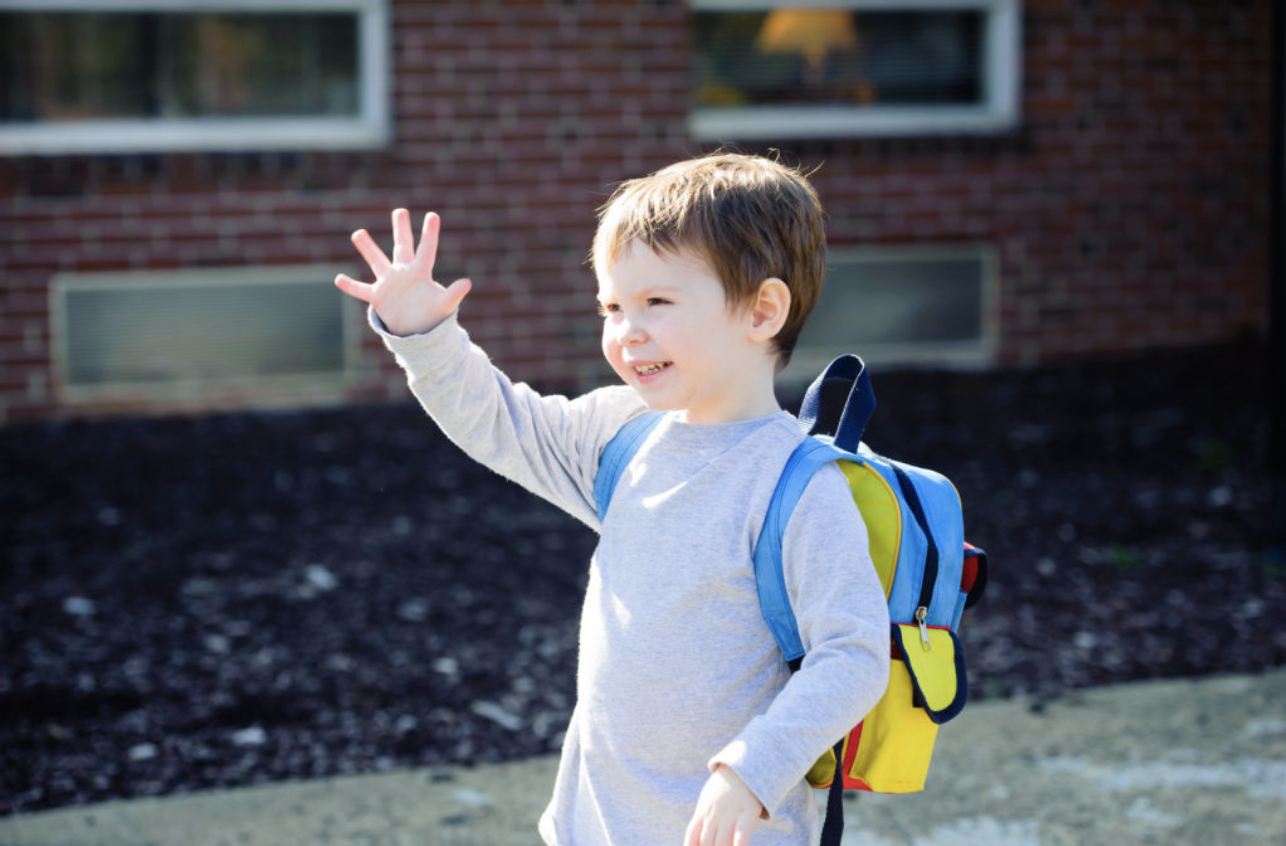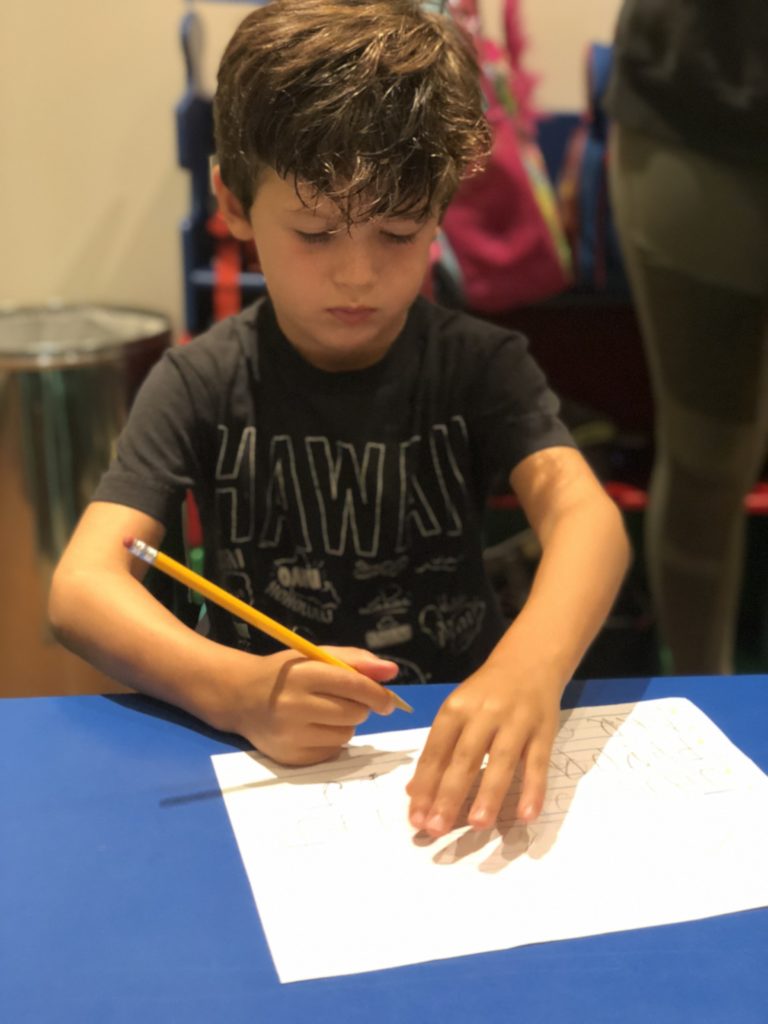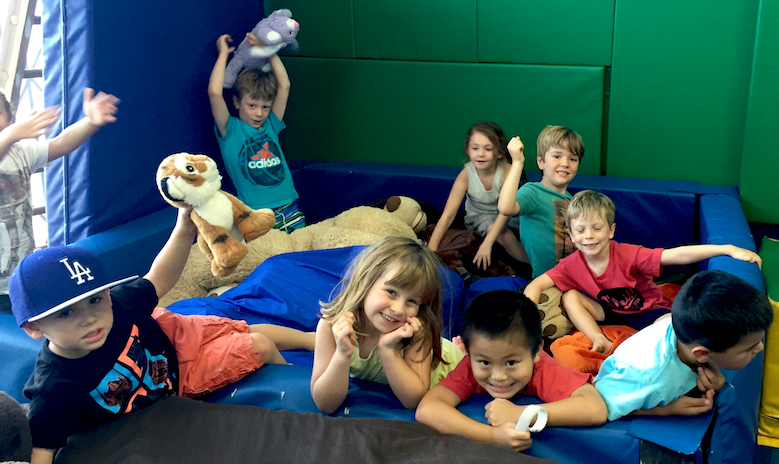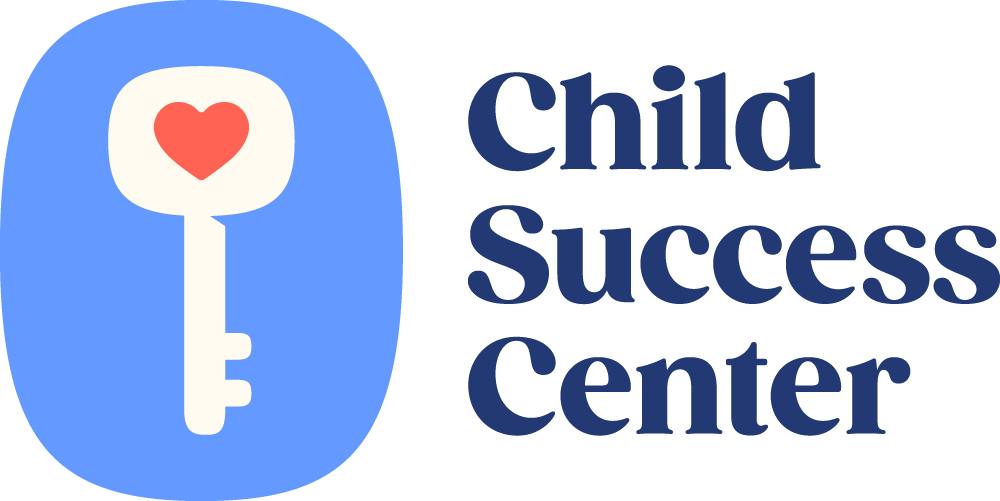Transitioning from Pre-School into Kindergarten
- Back to School|
- CSC Blog|
- Kindergarten Readiness

Your child is entering Kindergarten in the fall. But is he really prepared for the big transition?
The big day is almost here – your child is making the transition from pre-school into Kindergarten in the fall. As a parent, this can be both an exciting and emotional time, but for the child it is a major shift in routine, environment and academic expectations. Is your child really prepared? Common Core Standards have raised the academic bar, even at the Kindergarten level, but it is a child’s ability to attune, adapt, anticipate and efficiently process information, that is critical to a successful transition from the pre-school environment.
Typically, in pre-school a child may be given a single level task, that when autonomously completed, frees the child to go off and play. In contrast, as a Kindergartener a child may be asked to remain with an activity for a longer period of time, requiring auditory attention to both learn and follow an external plan. The activity may involve a series of directions that require the child to adjust his perspective or body multiple times, while self-regulating his emotions and actions. Since more time is spent in Kindergarten with whole-class, teacher-led instruction, a child must have the ability to think as a “we”; to attend and adjust to a group activity that requires social collaboration such as discussions about a story being told, its characters, settings and how they can relate to the story.
Social Brain Building Skills
The new Kindergartener will now have to attune to surroundings and peers, a shift from the more self-attuned pre-school positioning. The child must be able to walk into a situation and be able to observe and listen, then perceive what is expected of them. For example: the child walks into a classroom where other children are sitting and drawing. The child can then conclude that he/she is expected to sit and draw. This awareness, or metacognition, will keep the child from getting distracted and disorganized, helping to facilitate the efficacy of each learning experience. Auditory processing allows the child to attune to teacher directions and turn language into actions in order to follow new routines or complete a task. Repetition established by the kindergarten teacher will support this learning curve throughout the kinder year.
The ability to think as a “we” and follow directions, listen, attend, modify behavior and anticipate change, are the building blocks of executive function, a set of processes, or neurologically-based skills, that all have to do with managing oneself (mental control and self-regulation) and one’s resources in order to achieve a goal. A solid foundation of Executive Function skills is imperative to all future learning.
Understanding Letters and Numbers
All of these so-called “soft skills” are necessary for the Kindergartener to achieve success in the development of the “hard skills” such as the acquisition of the understanding of letters and numbers. Kindergarteners are expected to recognize the letters of the alphabet, both in upper and lower cases when they enter kindergarten. They need to understand the difference between sounds, letters and words and that words have meaning and make up sentences. They must know number formation so they can begin the process of learning how to break out numbers.
Fine Motor Skills
 Fine motor skills such as holding and using a pencil/crayon/marker/ and scissors, are required as children, over the course of the school year, will need to be able to express their thoughts, ideas, and experiences through drawing and writing.
Fine motor skills such as holding and using a pencil/crayon/marker/ and scissors, are required as children, over the course of the school year, will need to be able to express their thoughts, ideas, and experiences through drawing and writing.
How to Prepare Your Child for the Transition from Pre-School into Kindergarten
It is important to note that approximately 1 in 5 children experience one or more challenges with behavior, communication, body movement and learning. While these challenges are common, each child’s root issues can be vastly different. If your child is struggling in any of these areas as the transition to Kindergarten approaches, it would be wise to seek out a consultation or assessment with a pediatric therapist who can get to the root issue and facilitate a program of occupational, speech/language, educational or multi-disciplinary therapy.
Kindergarten Enrichment Camp is fun way to help prepare children over the summer for the new challenges of Kindergarten. This type of program helps children develop confidence when taking the first steps toward reading, writing, attending to a new routine, developing social-emotional skills, being mindful of themselves and others, and making new friends.

